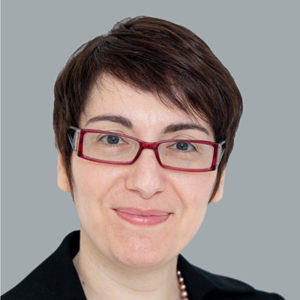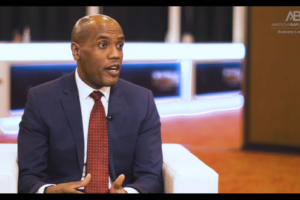CURRENT MONTH (June 2022)
SPAC Market in Limbo: Takeaways from the Annual SPAC Conference
By: Yelena Dunaevsky, Esq., Woodruff Sawyer
About 600 SPAC market participants came together June 15–16 to discuss latest developments, trends, worries, and innovations at the annual SPAC Conference organized by DealFlow Events.
The following topics dominated individual and panel discussions throughout the two-day event. Here are my observations.
Proposed SEC Rules Outrage and Disappoint
Both Doug Ellenoff and Mitch Nussbaum gave impassioned speeches on how the new rules seem to be aimed at not so much improving US capital formation as driving the SPAC vehicle out of existence.
Both experts agreed that the SEC seems to be motivated more by political agenda rather than a desire to create a safe and attractive environment for investors.
There were few objections to the SEC’s aims of creating additional disclosure rules for SPACs. However, the consensus from multiple attorneys and others in attendance was that the rules as proposed overreached on the Securities Act liability to be imposed on advisors.
The SEC’s push towards market-wide fairness opinions was also seen as an expensive extra step, the costs of which will be borne by investors.
Many participants noted that they thought the SEC was attempting to pass judgment on whether SPAC-driven deals are good or bad and to dictate how individuals should be making their investments. It was a common refrain that making these kinds of judgments is outside of SEC’s mandate to facilitate the operation of capital markets.
Most participants predicted that the rules would be finalized in October or November of 2022.
SPACs Unfairly Blamed for Economic Market Hangover
Several presentations focused on the data and, specifically, the performance of SPACs as compared to traditional IPOs and the general market. The conclusions drawn by multiple speakers were that while SPACs were indeed not performing particularly well, neither were companies that went public through a traditional IPO, and neither was the market as a whole.
Costs of Adaptation to Fall on Investors’ Shoulders
All conference attendees I spoke to believed that this is not the end of the SPAC market. Granted, they are somewhat biased, but this was the conclusion across the board even from the most skeptical.
What most are turning their energy to now is adapting to the proposed rules and current market conditions. Many are treating the rules as already final. Most are advising the SPACs to continue forth with fairness opinions as well as pared down projections and amplified disclosure around conflicts of interest and sponsor compensation.
My colleagues and I presented our latest solutions involving the combination of Reps and Warranties insurance and Directors’ and Officers’ insurance, which would bolster a SPAC team’s diligence defense and increase coverage without increasing insurance costs.
All of these things, purely innovative or purely reactionary to SEC’s rules, will, unfortunately, add costs to the SPAC process. It is likely that SPAC sponsors will pick up some of these costs, but ultimately, the costs will fall on the shoulders of the investing public. At least one of the comment letters submitted to the SEC emphasized this concept repeatedly and with a bit of humor.









